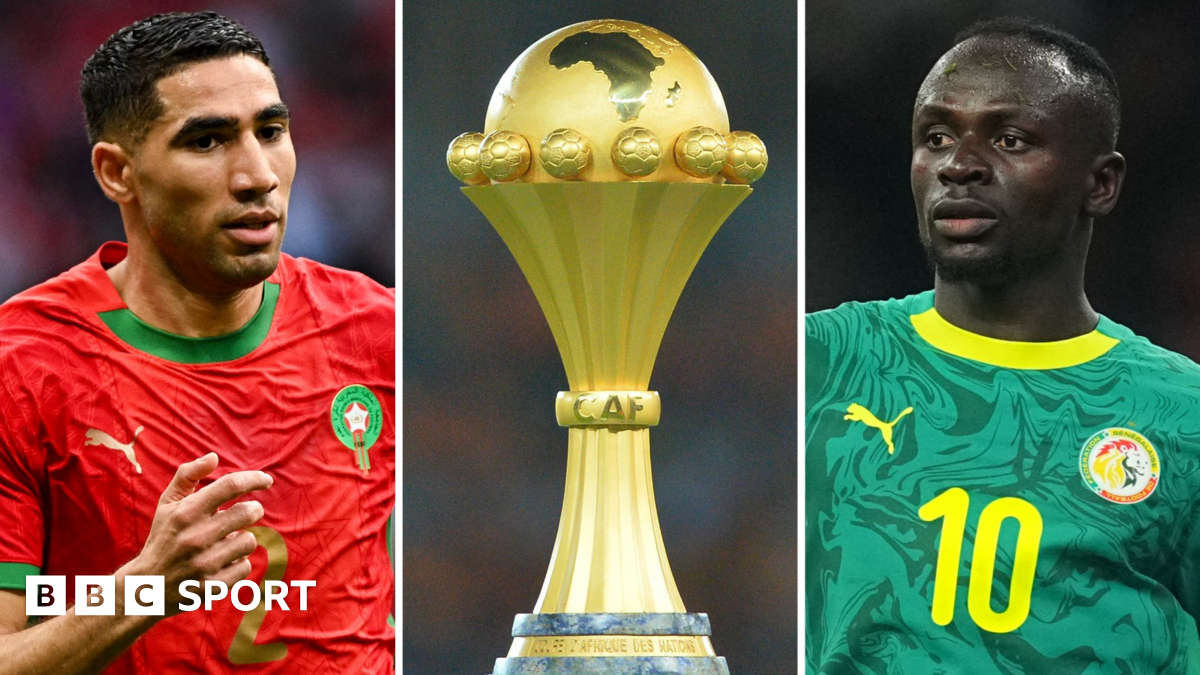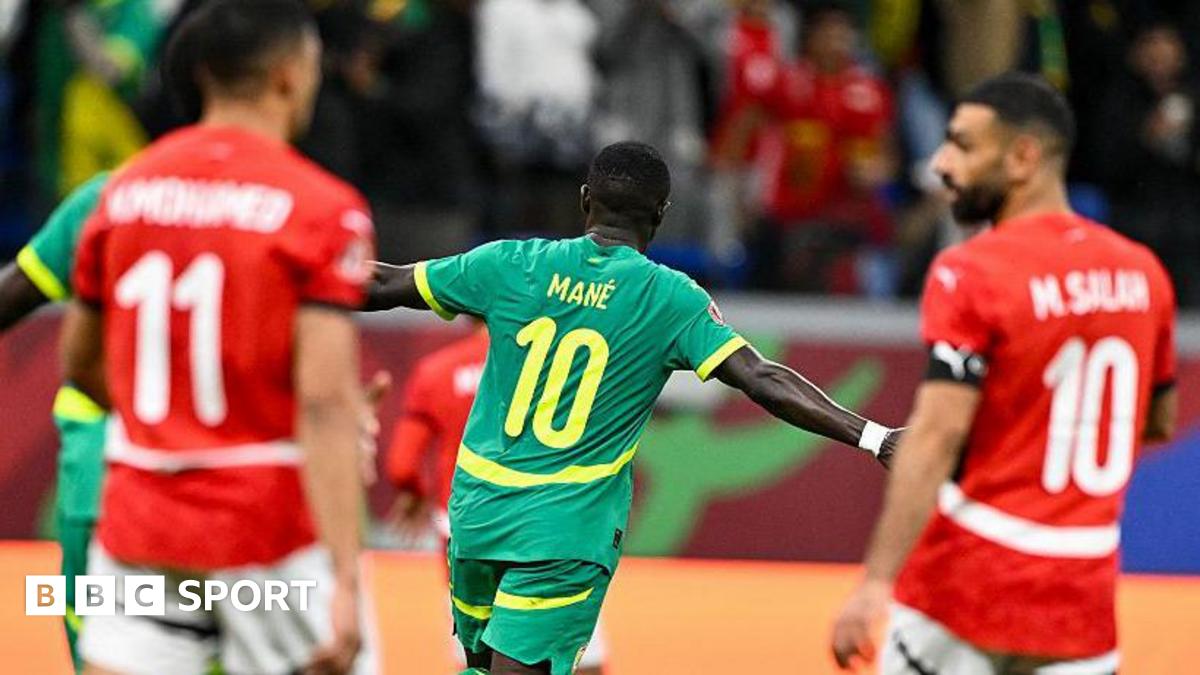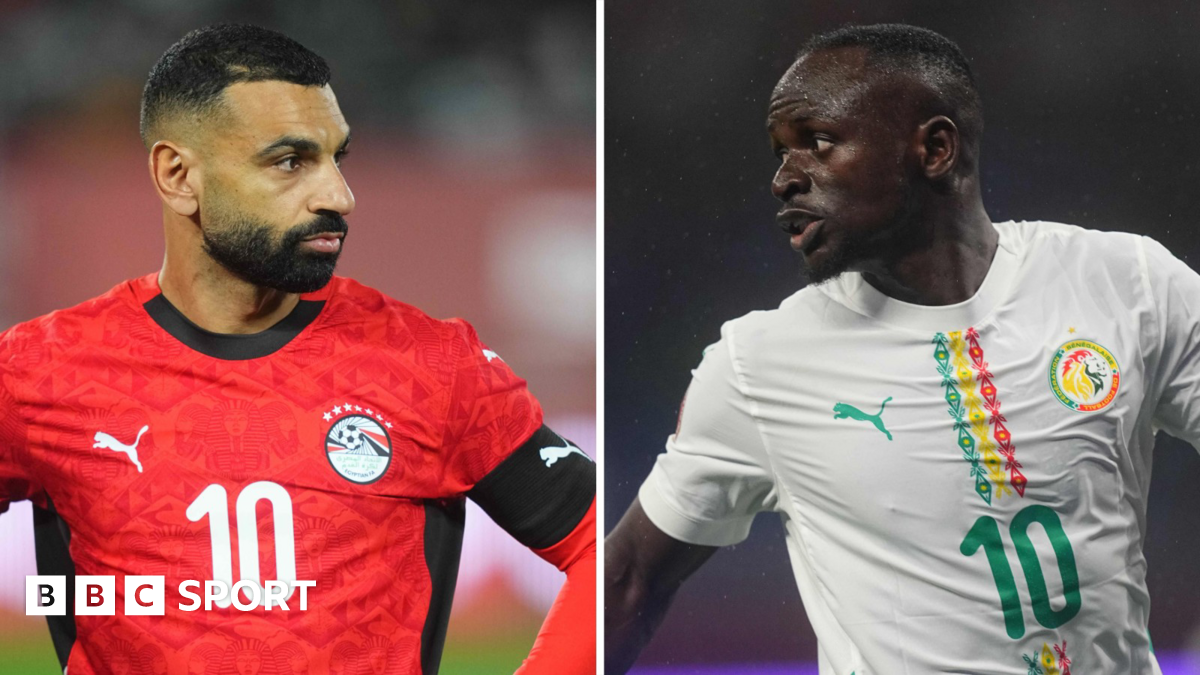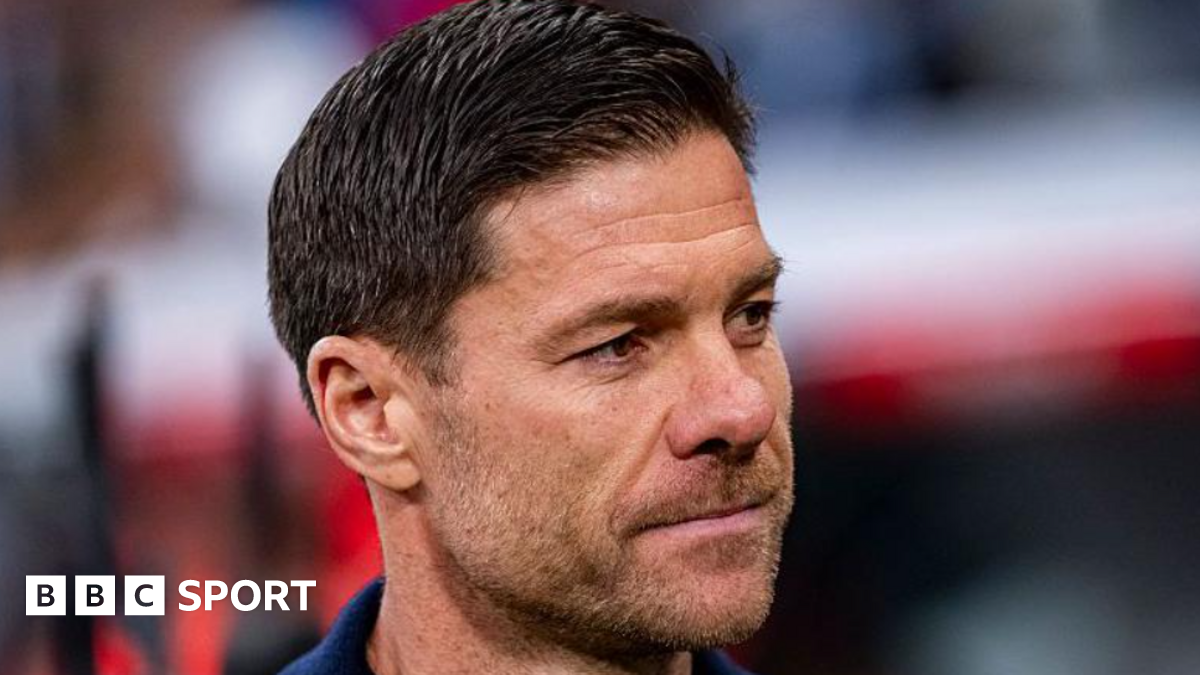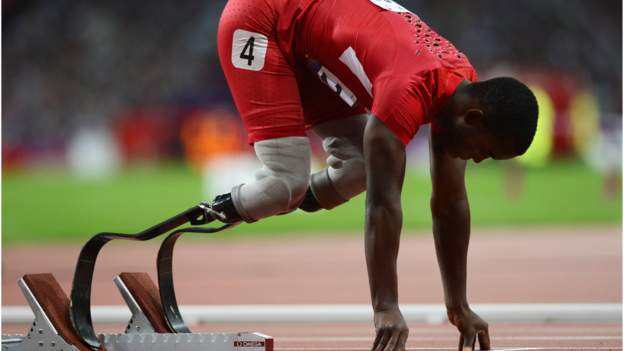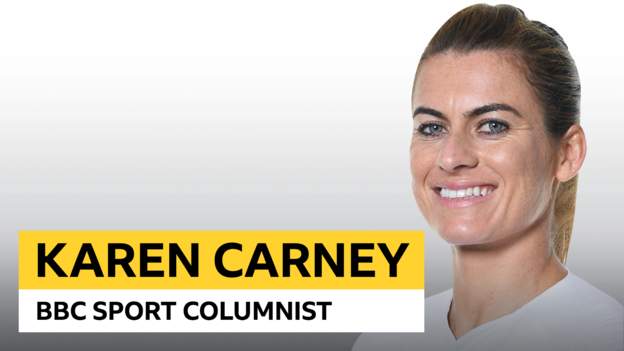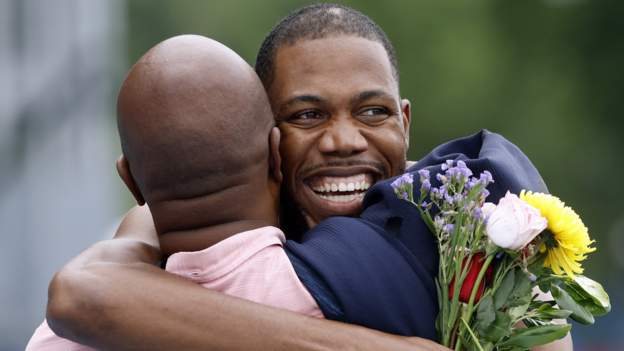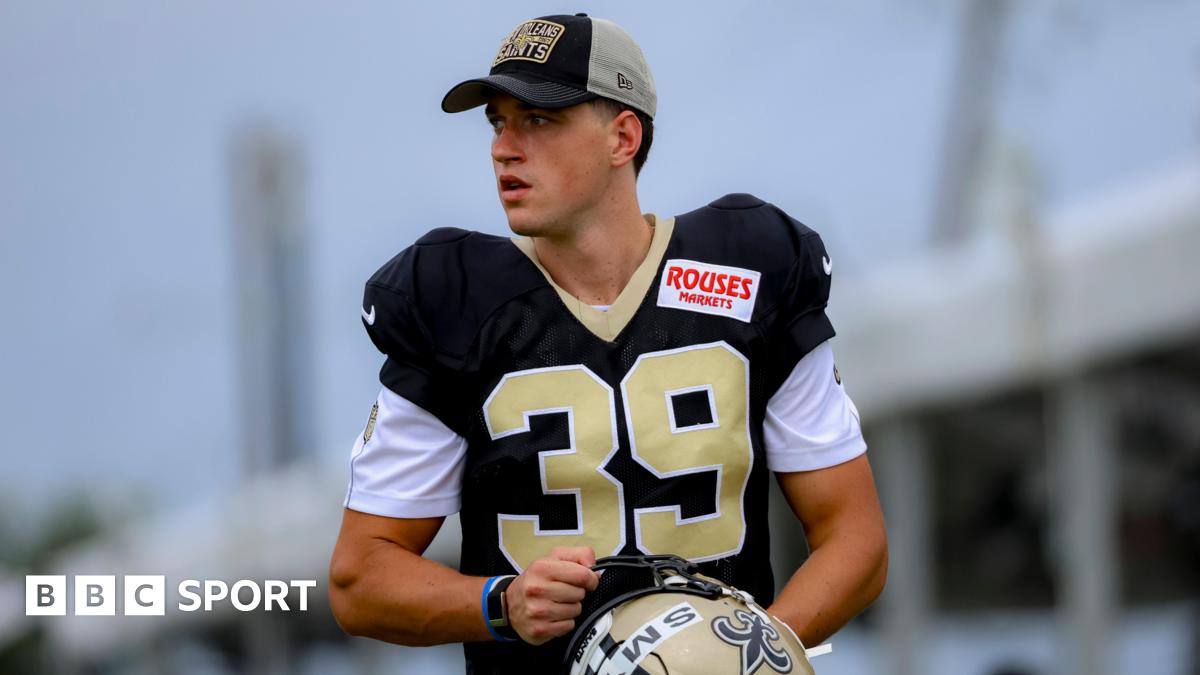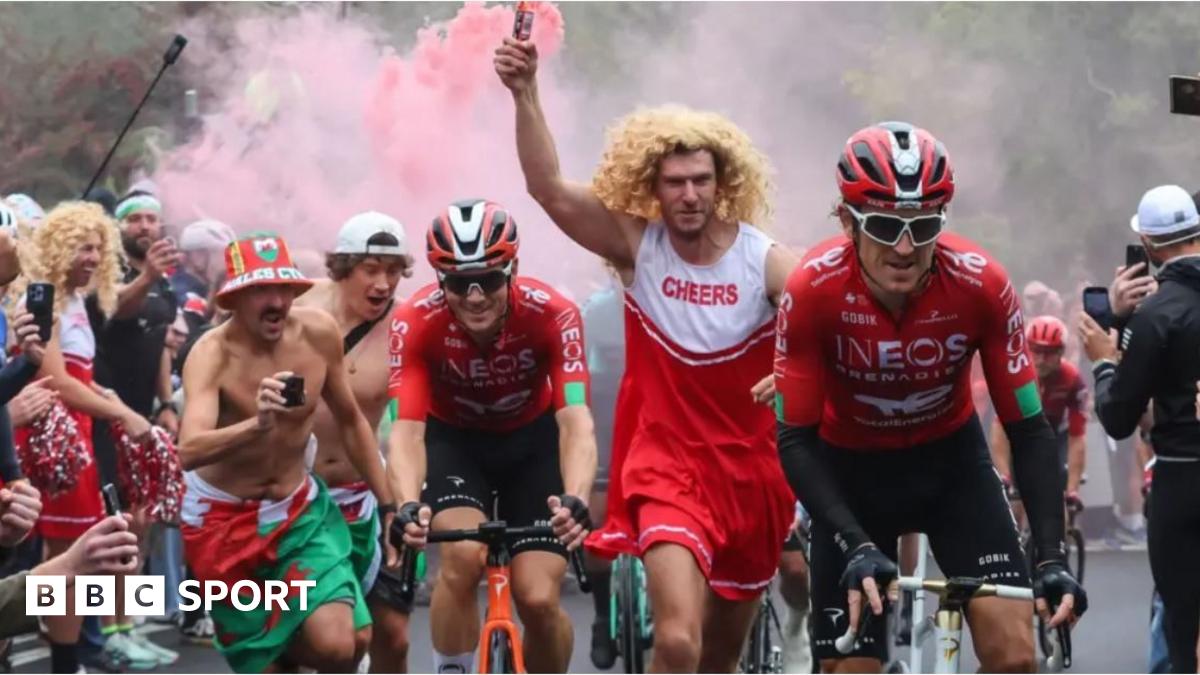American double amputee Blake Leeper has lost his appeal to use his prosthetic running blades to try to qualify for the Tokyo Olympics.
The Court of Arbitration for Sport ruled that the blades allowed him run at a height several inches taller than if he ran with biological legs.
Leeper’s legal team said the verdict was “racially discriminatory”.
His lawyer Jeffrey Kessler says the 31-year-old would challenge the decision in the courts.
World Athletics said it “strongly rejects” the allegation from Leeper’s legal team that “the finding that he ‘runs tall’ is based on a ‘racist’ Paralympic rule”.
Kessler said that the height limitations, known as Maximum Allowable Standing Height (Mash), which are used by Paralympic organisations, are based solely on the body proportions of white and Asian athletes.
“Data from black athletes were not even considered in these studies, as if these athletes did not exist,” he said.
“It is ironic that Blake Leeper, who has been fighting for the rights of disabled athletes of every race, now finds himself the victim of discrimination against black disabled athletes.
“We do not believe the courts will tolerate such discriminatory treatment and we will support Blake as he continues his fight to compete in the Olympics.”
World Athletics said Mash is “based on the best available evidence of body dimensions” and that is has been applied ” for several years to all Paralympic athletes (including African-American athletes) without issue”.
The governing body added it is “aware of no proof that African-American athletes have significantly different bodily dimensions (proportionality), and certainly not to the extent identified in this case”.
World Athletics added: “The 15cm disparity found in Leeper’s case between his prosthetic leg length and his natural leg length is not due to racial differences in body dimensions.”
Leeper, who was born without both legs below the knee, had qualified for the 2019 World Championships but was not allowed to compete while his case was reviewed by World Athletics.
His 400m best time of 44.3 seconds would have qualified him for the US Olympic trials.
He won silver in the T43 400m and bronze in the 200m at the 2012 London Paralympic Games behind Oscar Pistorius.
But he missed Rio 2016 because of a drugs ban after testing positive for cocaine and currently has no classification to compete in Paralympic events.
However, his case to Cas was partly upheld with the World Athletics rule which puts the burden of proof on disabled athletes requiring them to prove that their prostheses do not provide them with an overall advantage against able-bodied athletes, deemed invalid.


